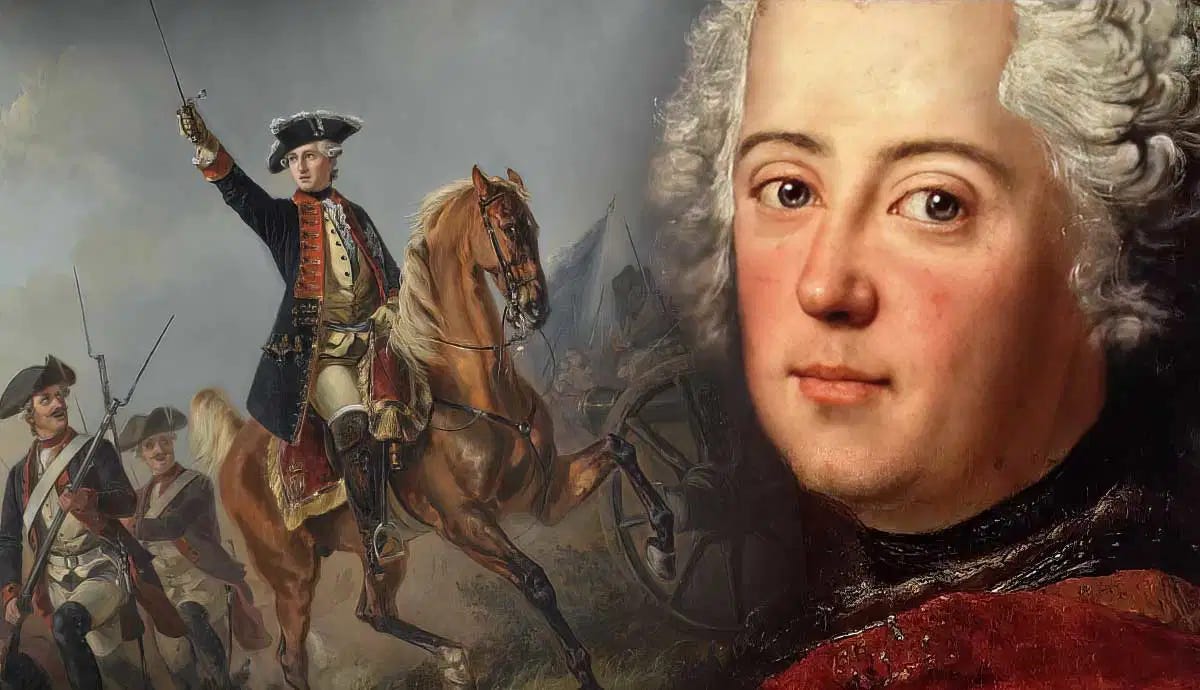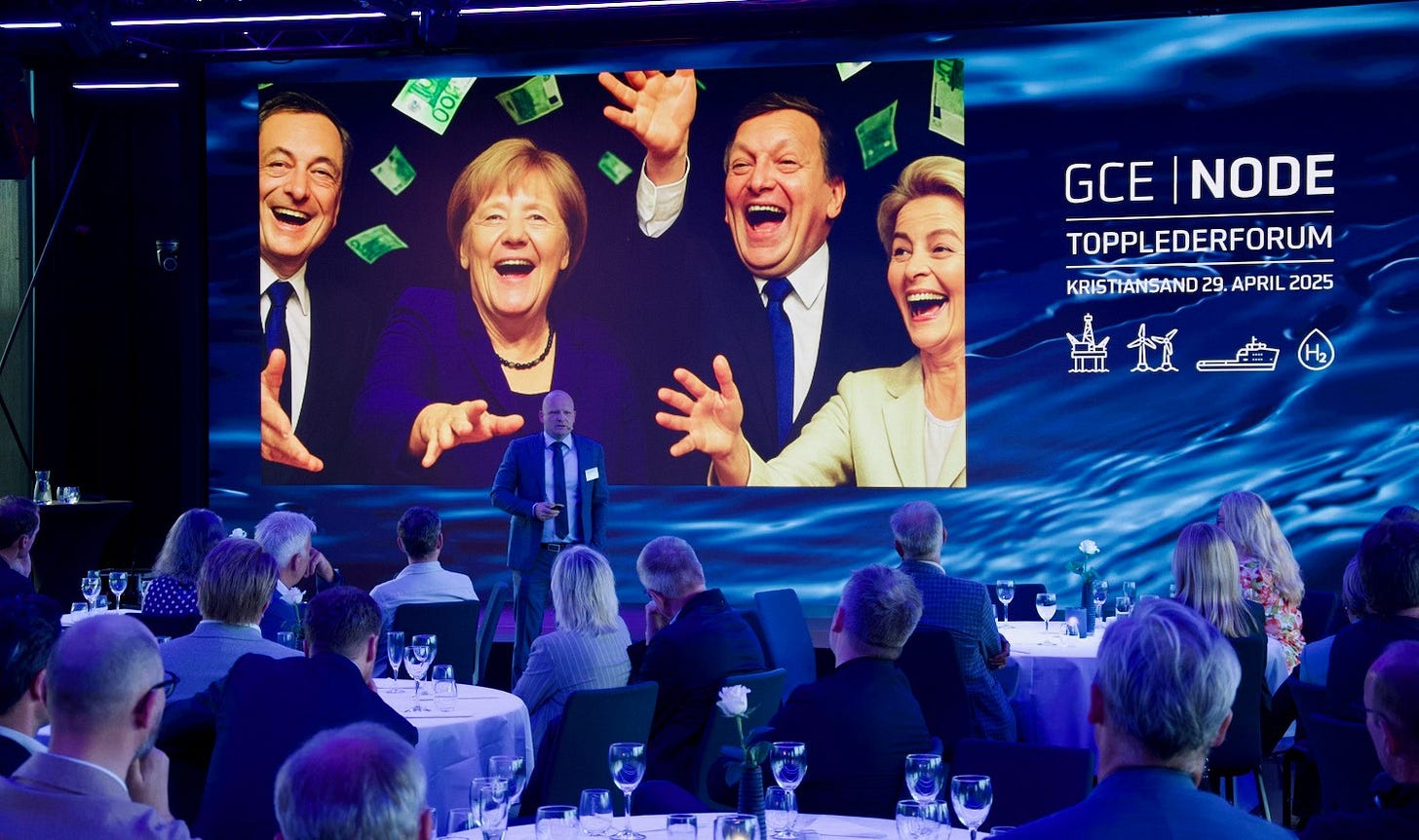Europe is waking to a brutal truth: the world is a competitive arena where China plays to win, the U.S. is adapting, and hesitation risks historical oblivion. To survive, Europe must align its strategy with the game being played—a finite game of winners and losers. This shift fractures the principles that have defined Europe for decades.
Since the Soviet Union's collapse, Europe has embraced what James P Carse frames as an infinite game, a game that is played with the sole purpose of continuation. Its rules-based order, rooted in trade and cooperation, sought to keep all players engaged, not to crown victors. This ethos shaped its institutions, politics, and diplomacy.
China, by contrast, plays a finite game, ruthlessly pursuing dominance in resources, industries, and geopolitics. The U.S., sensing this, now blends its infinite ideals with finite tactics, first as a defensive move - then to win.
Europe faces a stark dilemma: in a finite world, infinite players risk irrelevance. Yet adopting finite play demands a profound transformation.
In finite games:
Rules become weapons, not neutral frameworks.
Boundaries harden, turning outsiders into adversaries.
Outcomes trump processes, and victory overshadows participation.
The deeper cost is existential. Finite games empower states, deep-states, and bureaucracies as the sole players, sidelining the public. When citizens become spectators, democracy—as Europe has known it—dies.
Geopolitical Consequences of Finite Play
Centralized Power
To match China’s decisiveness or U.S. pragmatism, Europe must consolidate authority. The EU’s slow, consensus-driven model would yield to executive-led systems, with bureaucracies like the European Commission gaining unchecked power.
The consequences will be that Parliaments and public voices weaken. Distrust will be fueld and citizens, already skeptical of Brussels, will reject this technocratic shift, hastening democratic erosion.
Weaponized Rules
Finite play demands using trade, tech, and regulations as tools for dominance. Europe will deploy subsidies for strategic sectors, impose tariffs, or restrict market access to pressure rivals. At the same time, it will be forced to inflate away the burden of its heavy indebted economy.
Actions that undermines the global rules-based order Europe champions. Retaliation could fracture trade, while favoring strategic industries risks deepening inequality among member states, igniting populist backlash. A backlash that will be reenforced by the cultural differences that exist within Europe, further fueling the hate against the elite that has been.
Hardened Boundaries
While boundaries are fluid in infinate games, finite games demand clear lines between allies and adversaries. Europe would need to confront China and Russia decisively, redefining partnerships with the U.S. based on strategy, not values.
Consequence: Internal divisions—Eastern states’ fear of Russia versus Western ties to China—could fracture unity. Over-alignment with the U.S. risks reducing Europe to a subordinate player.
Militarization
Strategic autonomy requires a militarized Europe, with increased defense spending and joint EU forces, reducing NATO reliance. But being able to bark is not deterence. Deterence means that you must be able to sustain the fight. You must be able to bite, even after to years of sustained conflict.
A militarized identity alienates pacifist citizens, it requires a unity of purpose, further fueling the social and cultural differences already riding Europe as plague.
Democratic Erosion
In infinate games, even the audience has a role in the game. Some players leave, while other enters. This changes when the game become finate. Finite play prioritizes outcomes over process, justifying surveillance, information control, and suppressed dissent as necessities for victory. States and bureaucracies dominate, rendering citizens irrelevant.
The social contract frays. Populist movements, fueled by distrust in elites, could exploit this, ironically thriving on the anti-democratic measures meant to secure stability.
In infinate games, like the one Europe have played over the last forthy years, the players seek resilience and renewal. They are even willing to sacrifice short-term wins for long-term play. But when the games go finate, even the individual players change, seeking power and recognition withing the games framework.
Can Europe Balance the Game?
The rise of states and bureaucracies as sole players signals the end of democracy as we know it. Europe must choose: play finite and risk its democratic soul, or cling to infinite ideals and fade into irrelevance. But is there a better way to play the finate game?
The Hybrid Path
There is no avoiding finite play once rivals turn rules into weapons. To stand aside is to concede. Yet history shows a narrow path: combining finite mechanics with an infinite ethos. The United States walked this line in the Cold War—fighting a finite contest of containment, arms races, and proxy wars while sustaining the infinite story of freedom and open markets. Rome once married conquest with the infinite promise of law and citizenship. Both cases reveal the same truth: hybrids are inherently unstable—the finite always threatens to consume the infinite. But while they last, they provide resilience, legitimacy, and global reach.
For Europe, the only way is to learn from history not from markets.
A lesson from history
Most of my former military collegues, officers and strategic thinkers support central planning and a top-down dictated approach to solving the problems Europe faces but this was not the model that allowed Europe to thrive in the first place, and why should we believe that the model which fostered the success of our military and our nations —and gave rise to Western innovation and economic growth—has suddenly become irrelevant?
The lesson from history, as seen in the Prussian military under Frederick the Great, is that decentralization—specifically the principle of subsidiarity—unlocks efficiency, motivation, and adaptability.
This principle, which empowers decision-making at the lowest effective level, was key to Prussia’s improbable military victories and economic growth. Subsidiarity isn’t just better leadership—it is a mechanism of survivial in a multipolar, fast-changing environment. Yet now, both our political and industrial leaders—as well as many of my former colleagues—embrace the centralized leadership model that we proved outdated over 300 years ago.
Just as Prussian officers in the field were trusted to make tactical decisions within a broader strategic framework, European innovators—entrepreneurs, researchers, and local governments—must be empowered to experiment and adapt to their specific contexts.
The Coming Of A New Model
The management theorist Peter F. Drucker published in 1988 an essay in Harvard Business Review, arguing that a new management model would soon come to dominate. Under today’s societal management model, “a symphony orchestra should have several Group Vice President conductors, and perhaps a half-dozen division VP conductors,” Drucker argues. “Yet orchestras have no such layers—only the CEO—and every one of the musicians answers directly to him.”
In a society with an imminent need for fast innovation, forcing extremely talented employees to navigate between internal politicians and opportunistic ladder-climbers will kill creativity, progress, the ability to innovate, and, eventually, the ability to regain deterrence.
Creative artists, creative musicians, true entrepreneurs and creative software engineers cannot perform inside highly bureaucratic environments—but they can perform when answering to a cause or directly to a CEO of their own choosing.
So, the question is: could we be heading toward a political structure where formal democratic processes are replaced by a new form of democracy—one where people follow leaders because of results, not party lines? The answer is that we have to, because that’s the rules of the new game. What we now misses is what we aim to achieve.
The New Game
Centralized thinking is virtuous in a well-functioning system, but also the worst way to go when the system is no longer delivering the expected result.In a crisis, the obvious response is to double down on the existing system, just like the European Union is doing — but that only makes us more like China.
Building up more mass through centralization only ensures a greater clash further down the road. And taking on such a game, with an industrial superpower that the United Nations predicts will have 46% of all global industrial output by 2030 - means fighting on the very ground where China already has dominance.
The question we should ask ourselves is: what made us great in the first place? It wasn’t mass production nor was it a strong bureaucratic framework but the willingness to push into new frontiers, to challenge what already existed - and that means embracing creativity, enthusiasm and drive. It means distributing power, give mandate, allow experimentation and failure, or as they say at Pixar Animation Studios – one of the world’s most successful creative powerhouses – “protecting fragile ideas from managerial influence is the only way to let brilliance survive and grow”.




Being an artist and a creative person at heart I thrive in an environment where I can experiment and adopt without rigid structures pushing me down to fit the boxes. Thanks to that I achieve the best results and I don't get bored, which is important. When I get bored I switch off. Considering the broader context I have a question. How can we recalibrate the system as so many depend on the way it works and has been for decades... Even to discuss the idea is an anathema, not to mention putting it in action... So many have got so much to lose...